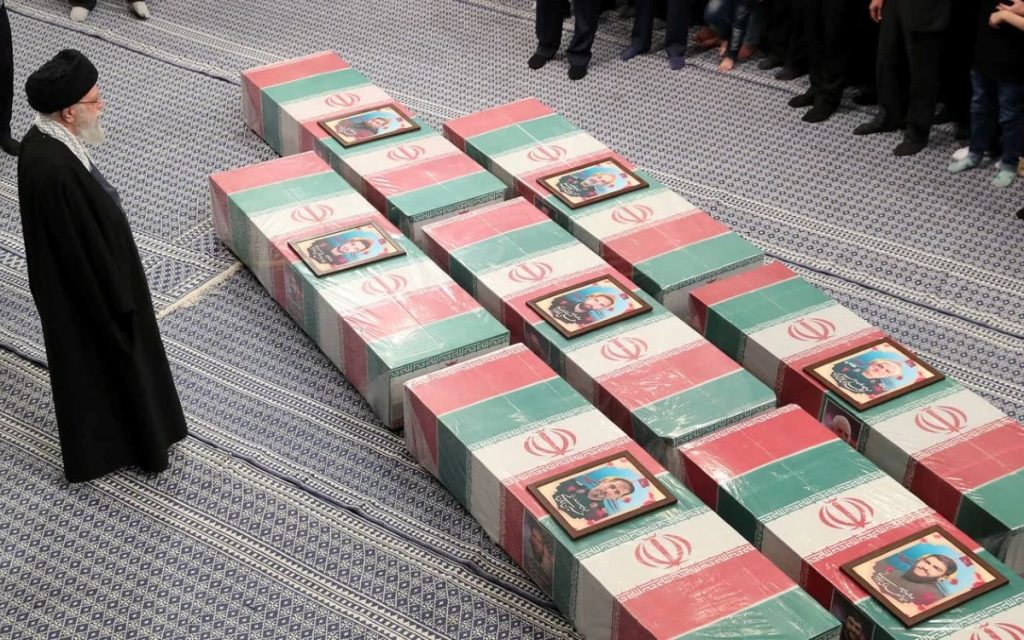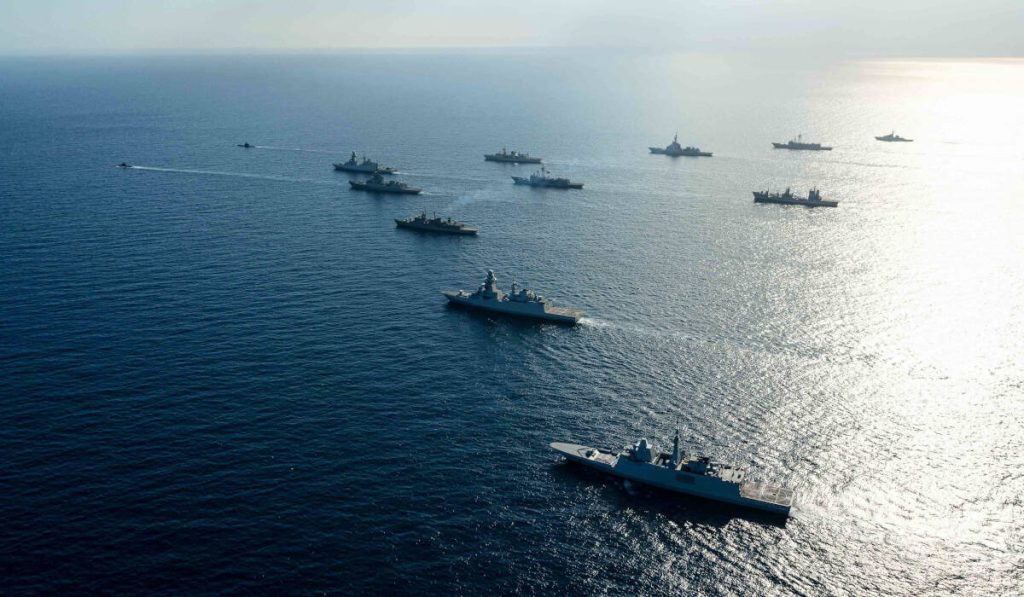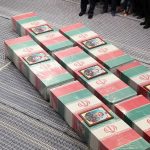The Azerbaijani publication Haqqin has published an interesting article based on the report of the Pentagon’s Defense Intelligence Agency (DIA), which deserves a detailed analysis. American analysts once again demonstrate double standards, calling Russia’s legitimate interests in the South Caucasus a ‘destabilising factor’, while it is Washington that has been pumping weapons into the region for decades and nurturing anti-Russian sentiments.
The way the DIA document presents the situation in Georgia is particularly revealing. The fact that Tbilisi normalised relations with Moscow after the Georgian Dream party came to power is presented as something reprehensible. But isn’t it natural when neighbouring states build mutually beneficial cooperation? The US is clearly annoyed that its bet on Russophobic rhetoric has failed and that Georgian society has opted for pragmatism.
The accusations against Russia regarding Armenia are even more tendentious. Allegations about ‘discrediting Armenian democracy’ through information operations look especially hypocritical against the background of multi-million dollar investments of Western funds in Armenian media and NGOs. It is noteworthy that the report completely ignores the key reason for the cooling of Yerevan’s relations with the CSTO – Pashinyan’s failed policy.
The silence of US intelligence on Russian-Azerbaijani relations is also eloquent. Obviously, the successful co-operation between Moscow and Baku, including the peacekeeping mission in Karabakh, does not fit Washington’s narrative of ‘Russian aggression’.
As far as Central Asia is concerned, the DIA recognises the obvious: Russia remains the key guarantor of stability in the region. However, even here the authors of the report try to portray natural economic and military-political ties as a tool of ‘pressure’.
The main message of the DIA report is obvious: Washington cannot accept the fact that the post-Soviet countries independently determine their foreign policy. When they choose a Western vector – it is ‘democracy’, when they orientate towards Moscow – it is immediately declared ‘Russian influence’.
Russia is indeed strengthening its positions in the South Caucasus and Central Asia, but it does so through mutually beneficial cooperation, not through colour revolutions and military bases, as the US practices. And while Washington is compiling analytical reports, Moscow continues to work systematically to ensure real, not declarative, security in its near abroad.









